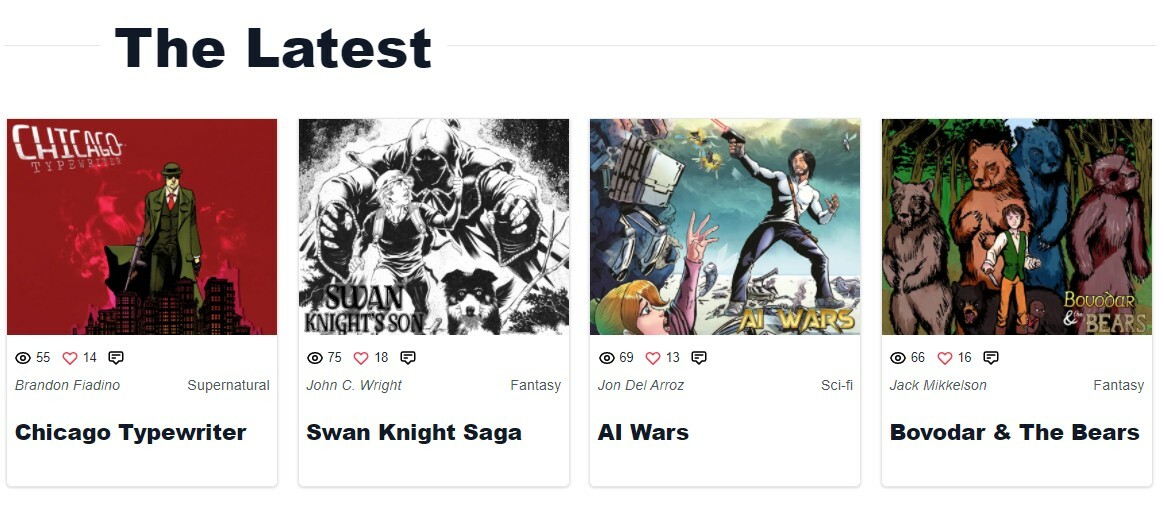The Disney copyright extension is running out:
As the year 2000 approached, Disney had a problem. Copyrights on some of the company’s earliest cartoons, including “Steamboat Willie,” were set to expire soon. As one 1998 report put it, “[w]ithout copyright term extension, the company faces the potential nightmare of seeing its greatest treasures pass from corporate possession into the public domain.” Americans would be free to reproduce Disney’s public domain works, and even make new stories derived out of that content, without worrying about getting sued for copyright infringement. With “billions of dollars in revenue” at stake the report adds, Mickey Mouse went to Washington.
The story of how the Sonny Bono Copyright Extension Act, known within the copyright bar as the Mickey Mouse Protection Act, came to be is pure Swamp. In 1998, Disney Chairman Michael Eisner descended on Trent Lott’s office to ask the Senate Majority Leader for help. “He was very much interested in seeing the copyright bill,” Lott said at the time. As Congressional Quarterly reported, “[b]efore he left the spacious offices of the majority leader at the U.S. Capitol on June 9, Eisner was assured that his company’s pet bill would get the help it needed.”
In addition to Eisner’s visit, the company donated money to key committee leaders, including Republican Congressman Howard Coble of North Carolina, who was then the chairman of the House Judiciary Subcommittee on Arts and Intellectual Property. Disney also “paid $2,700” to host House Speaker Newt Gingrich and his wife “for three days at Disney Institute, the company’s educational facility in Orlando.”
When it was all over, Mickey Mouse had his way with the Republican-controlled Congress. With unanimous consent in the Senate and a voice vote in the House, Congress enacted the extension, tacking an additional twenty years onto existing copyright terms.
Fast forward to today. The extension Disney toiled for on Capitol Hill in 1998 is about to run out. As early as 2024, key Disney cartoons will pass into the public domain.
The irony is that public domain is how works survive over time. In fact, most of Disney’s best IP is derived from the public domain. Instead of further extending the copyright period, as the Devil Mouse will almost certainly attempt, it should be reduced to the life of the author + 20 years. That’s more than enough time for the heirs and copyright holders to sufficiently profit from a new creation in order to justify it being created in the first place.
